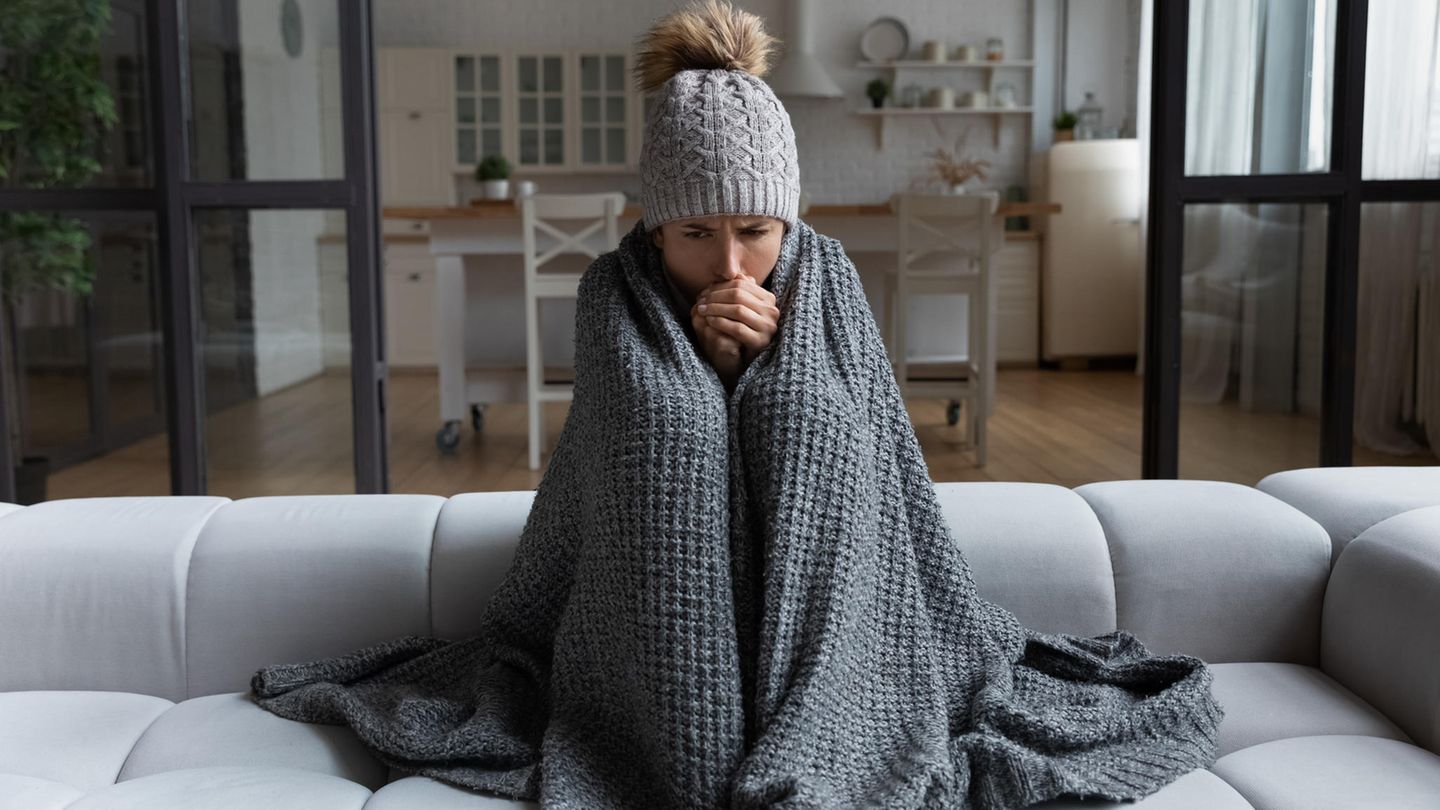The feared slump in sales of fair trade food and textiles has not materialized so far. In 2022, sales even exceeded the two billion euro mark for the first time.
High inflation in Germany has led to consumer restraint in many areas. However, business with fair trade products has come through the crisis quite well so far, as can be seen from the annual balance sheet presented by the Forum Fairer Handel (FFH) on Tuesday.
“For the first time, total sales of fair trade products exceeded the two billion euro threshold,” reported FFH Managing Director Matthias Fiedler. Overall, consumers in Germany would have spent almost 2.2 billion euros on fairly traded food, textiles, cosmetics, flowers and handicrafts in 2022 – an increase of 11.5 percent compared to the previous year.
Slight declines in coffee and chocolate
“Even considering the high inflation last year, this is a solid development,” said Fiedler. Twelve months ago there were fears that inflation and tight household budgets could lead to a significant drop in demand for relatively expensive Fairtrade products. But that didn’t happen. Adjusted for inflation, demand remained largely stable. Even if there were slight declines in sales of coffee and chocolate.
According to the FFH, people in Germany spent an average of 25.83 euros per capita on fair food, textiles and handicrafts last year. Since 2015, sales of fair trade products have increased by 70 percent.
According to a representative survey commissioned by the FFH, almost 70 percent of people in Germany buy fair food, textiles or handicraft products at least occasionally. Younger people in particular – up to 39 years of age – more often specifically choose fair products, reported Fiedler.
Fair supply chains are more important than ever
According to the survey, the most important reasons for this are fair wages for producers and the certainty that the products were manufactured without child or forced labor. The main obstacle when it comes to fair trade products is still the generally higher price, said Fiedler.
In view of the current crises, fair supply chains are more important than ever for trading partners in Africa, Asia and Latin America, emphasized Andrea Fütterer, Chair of the FFH. Because in many countries there, the cost of living and production have increased even more drastically than in Germany. In some cases, the cost of staple foods such as potatoes or beans would have doubled. Food has become a luxury.
At 82.5 percent, food such as coffee, tropical fruits or chocolate again made up the largest share of sales with fair trade products in 2022. Textiles accounted for 9 percent of Fairtrade sales, flowers for 6 percent and handicrafts, cosmetics and other products for a further 2.4 percent of sales.
Source: Stern




